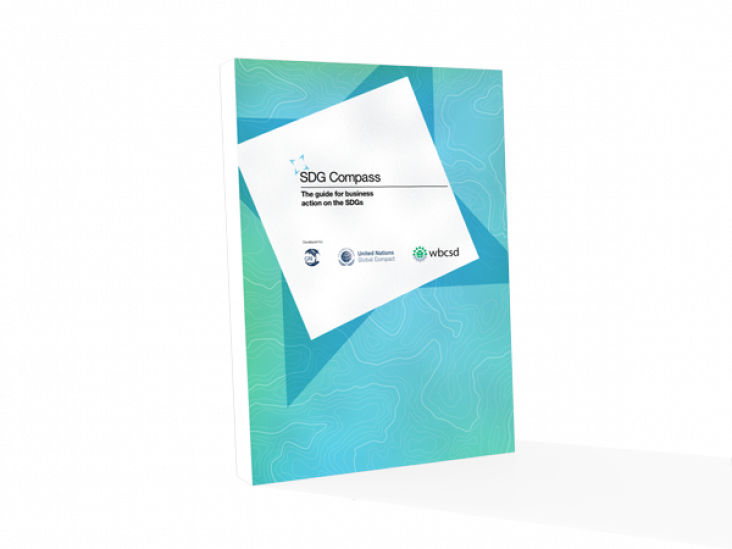This report sets out five defining features of corporate sustainability, which the Global Compact asks businesses to strive towards – looking at why each element is essential, how business can move forward and what the Global Compact is doing to help. It aligns with most of the SDGs but primarily goal 8 on decent work and economic growth and goal 17 on partnership for the goals.

The SDG Compass guides companies on how they can align their strategies as well as measure and manage their contribution to the realization of the SDGs. The SDG Compass presents five steps that assist companies in maximizing their contribution to the SDGs: understanding the SDGs, defining priorities, goal setting, integrating sustainability and reporting.
This chapter supports Goal 2 (zero hunger) and Goal 17 (partnership for the goals) through its study of the role the private sector plays in agricultural development.
Linking to Goals Goal 2, 6, 12, 15, 17, these guidelines respond to the integrity challenges facing water stewardship initiatives (WSIs). Access quality management processes and a suite of practical tools via the questions and practical framework below in order to ensure high levels of integrity and transparency in your WSI.
This paper investigates how three aspects of governance systems, namely the policy context, the influence of key agents and their discursive practices, are affecting national-level processes of policy
This book chapter addresses goals 13, 14, 15 and 17 by discussing the definition of biodiversity that is both scientifically sensible and universally applicable; this is imperative to help guide the design of policy and programs for the future, as well as to make critical decisions in the present.
Linking to Goal 16 and 17, this report aims to assist companies in implementing responsible business practices in conflict-affected and high-risk areas consistent with the Global Compact Ten Principles.
